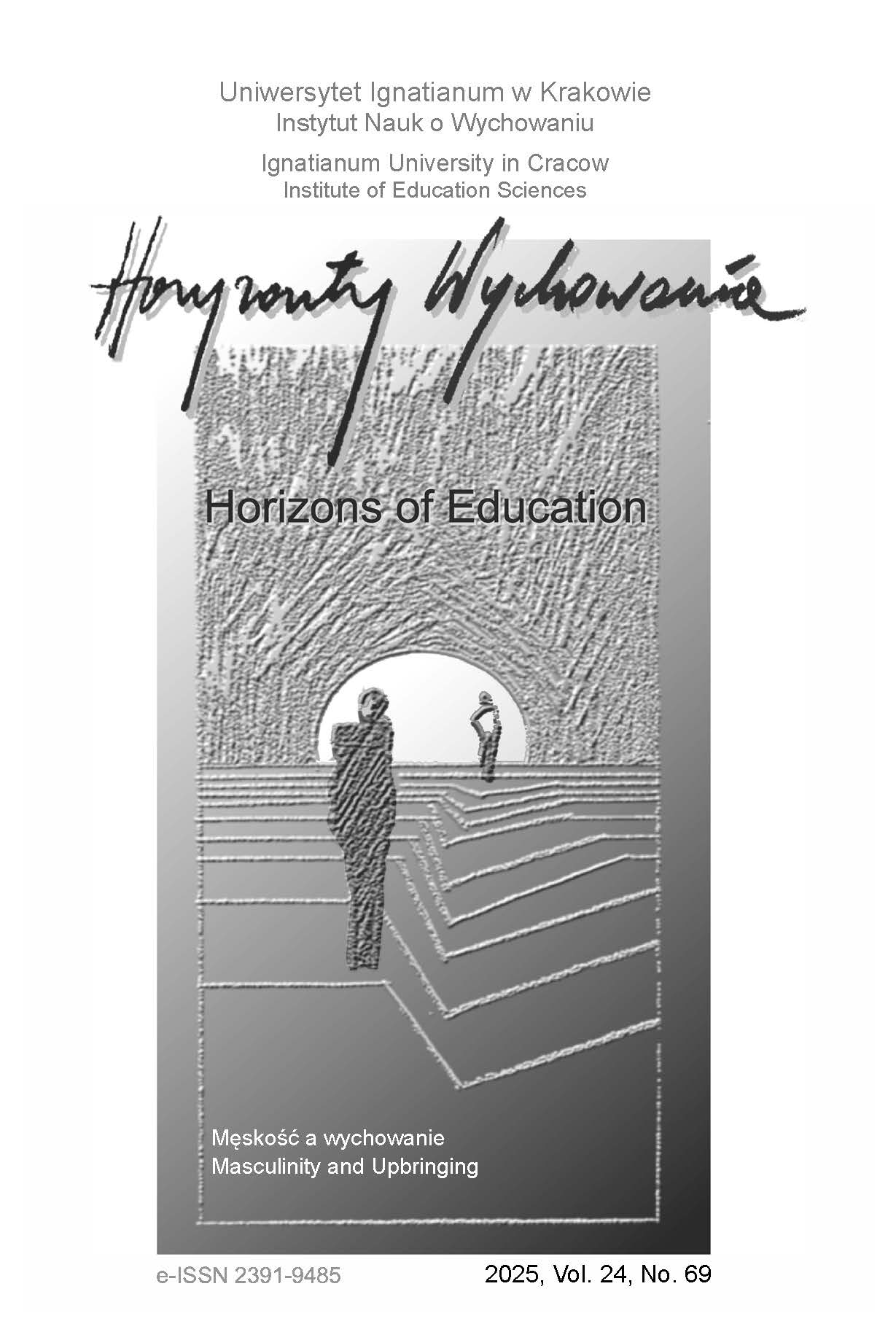To Understand the Idea of Self-Advocacy.
Building the Competences of Inclusive Education Teachers
to Support Students With Diverse Educational Needs
To Understand the Idea of Self-Advocacy.
Building the Competences of Inclusive Education Teachers
to Support Students With Diverse Educational Needs
Author(s): Dorota Podgórska-Jachnik, Barbara WinczuraSubject(s): Inclusive Education / Inclusion, Sociology of Education
Published by: Uniwersytet Ignatianum w Krakowie
Keywords: inclusive education; self-advocates; self-advocacy; disability; teacher education;
Summary/Abstract: RESEARCH OBJECTIVE: The objective of this article is to explore the concept of self-advocacyof people with disabilities and to present experiences that shape its understanding among teach-ers in inclusive education. The study aims to examine how content related to self-advocacy is re-ceived in the context of social inclusion within teacher education programs.THE RESEARCH PROBLEM AND METHODS: The central research questions are: How doteachers understand the idea of self-advocacy? What instructional methods are most effective infostering their understanding of this concept within academic education? This research report formspart of a broader study conducted by the authors. It includes a small-scale experimental approachto teaching the concept of self-advocacy to prospective teachers (N=184) and an analysis of theirresponses to an assignment on the subject.THE PROCESS OF ARGUMENTATION: The theoretical section of the article explains the mean-ing of self-advocacy, outlines its origins, and discusses its role within the inclusive education system.The empirical section presents the research findings, including examples of work submitted by stu-dents in pedagogy programs.RESEARCH RESULTS: The majority of respondents had not come across the term “self-advocate”prior to the study. They primarily associated it with a person who acts on behalf of an individualwith a disability, and viewed self-advocacy as the protection of the rights and interests of people with disabilities, though not necessarily through independent action. The creative task designedfor the study was shown to enhance understanding of the concept.CONCLUSIONS, RECOMMENDATIONS, AND APPLICABLE VALUE OF RESEARCH:The findings have practical implications for academic training of future teachers, particularly pro-grams focused on inclusive education. Developing self-advocacy skills is essential for all individu-als. It is recommended that the proposed instructional approach be integrated into teacher trainingprograms to promote a deeper understanding of self-advocacy.
Journal: Horyzonty Wychowania
- Issue Year: 23/2024
- Issue No: 68
- Page Range: 45-56
- Page Count: 12
- Language: English

